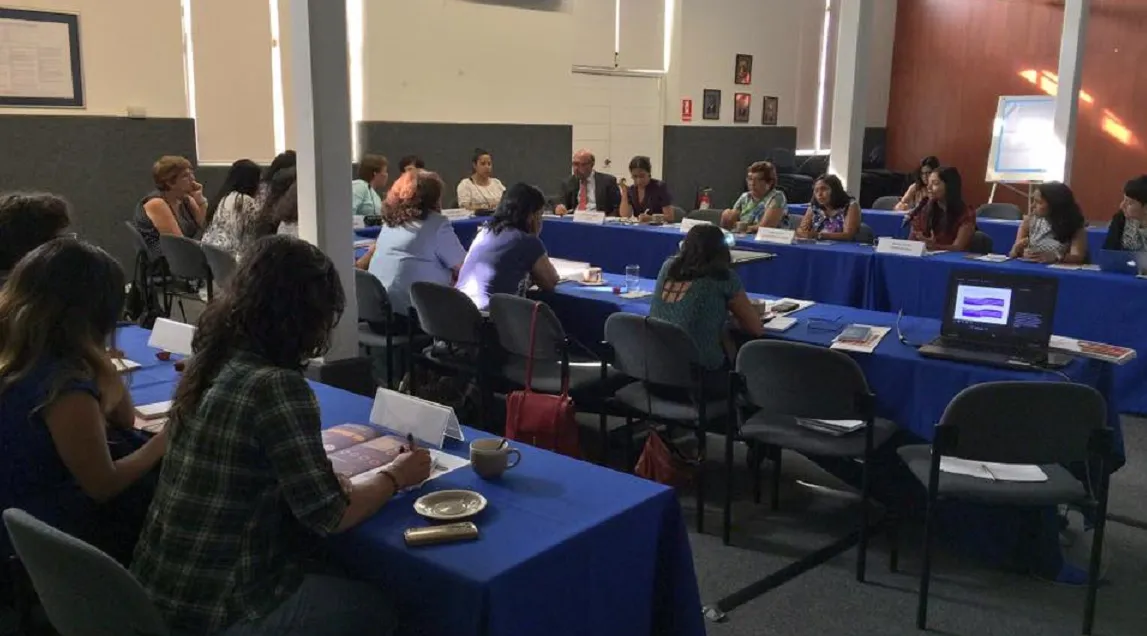Has progress been made in the promotion of women’s political participation in Peru?

The number of women in politics and decision-making spaces has been increasing very slowly in Peru. In 2016, the country began a major electoral reform process that International IDEA has been supporting. The first reform proposal represents an important development as it includes parity and alternation in electoral lists. Continued efforts to embed and progress this debate within the Peruvian parliament are needed.
Este articulo se encuentra disponible en Castellano.
The gender quota for electoral processes was approved in Peru in 1997. Twenty years later, the number of women in parliament has increased by 16 per cent (from 12 per cent in 1997 to 28 per cent in 2017). But at the sub-national level, the situation is less encouraging, with a clear underrepresentation of women: less than three per cent of mayors are women and only one of the 25 regional governments is chaired by a female president. This broad panorama confirms that the current regulatory framework, according to which electoral lists should have at least 30 per cent female candidates, has become a maximum ceiling rather than a minimum threshold to promote female leadership in decision-making spaces. Since the introduction of the quota, the issue has not been addressed in Parliament again.
In 2016, Peru started a political reform process, which has been supported by International IDEA through specialized technical assistance, generating dialogue spaces among key political actors and promoting the exchange of experiences within Latin American countries.
In this context, in April this year, the working group responsible for leading this process approved the first reform proposal. Importantly, it has included parity and alternation in the electoral lists for legislative, regional and municipal elections. This achievement is the result of the significant efforts of those involved, including International IDEA, which has, undoubtedly, played a very important role.
Now, the debate on improving women´s political participation needs to be taken to the Constitution Commission and later to Parliament. Even though the fate of this proposal is still uncertain, it is a big achievement to have brought the subject back into Parliamentary debate.




